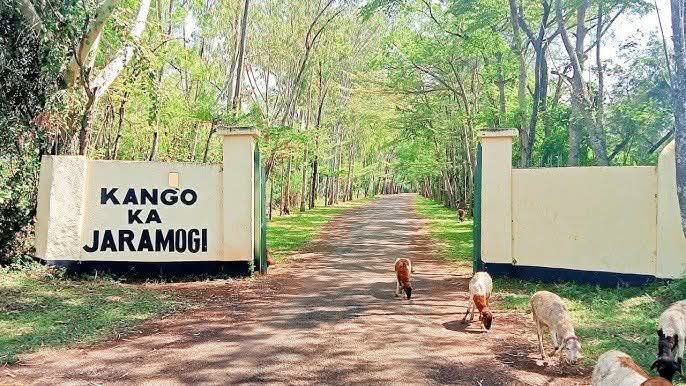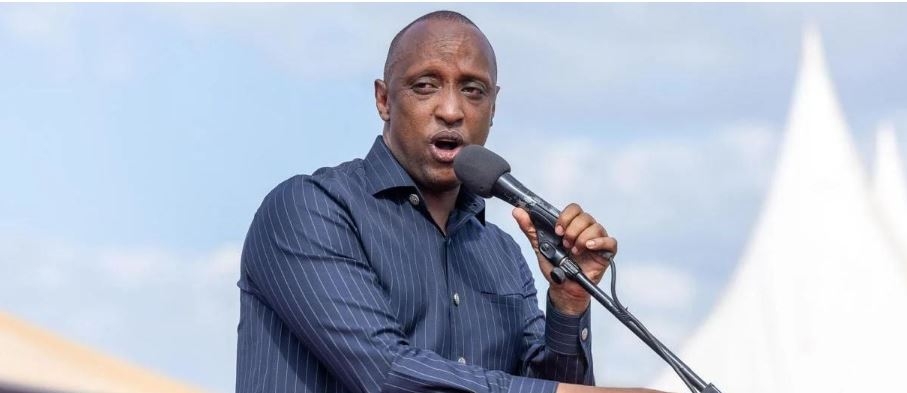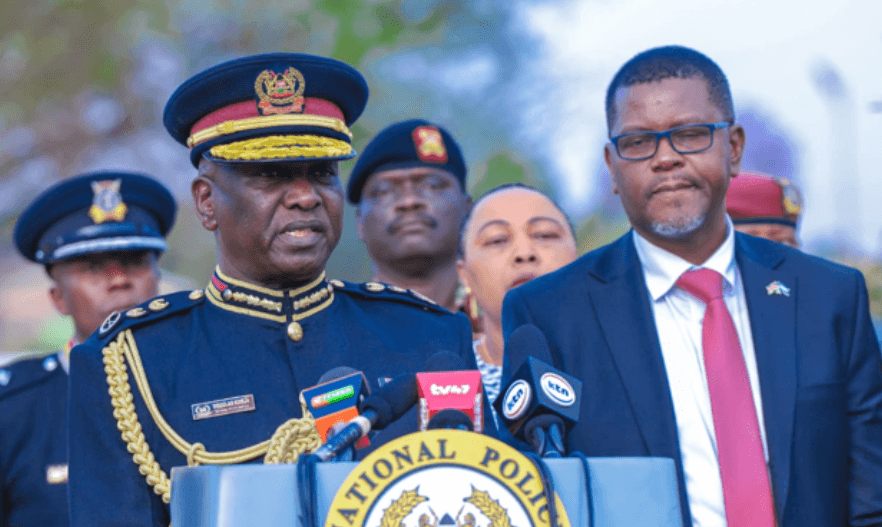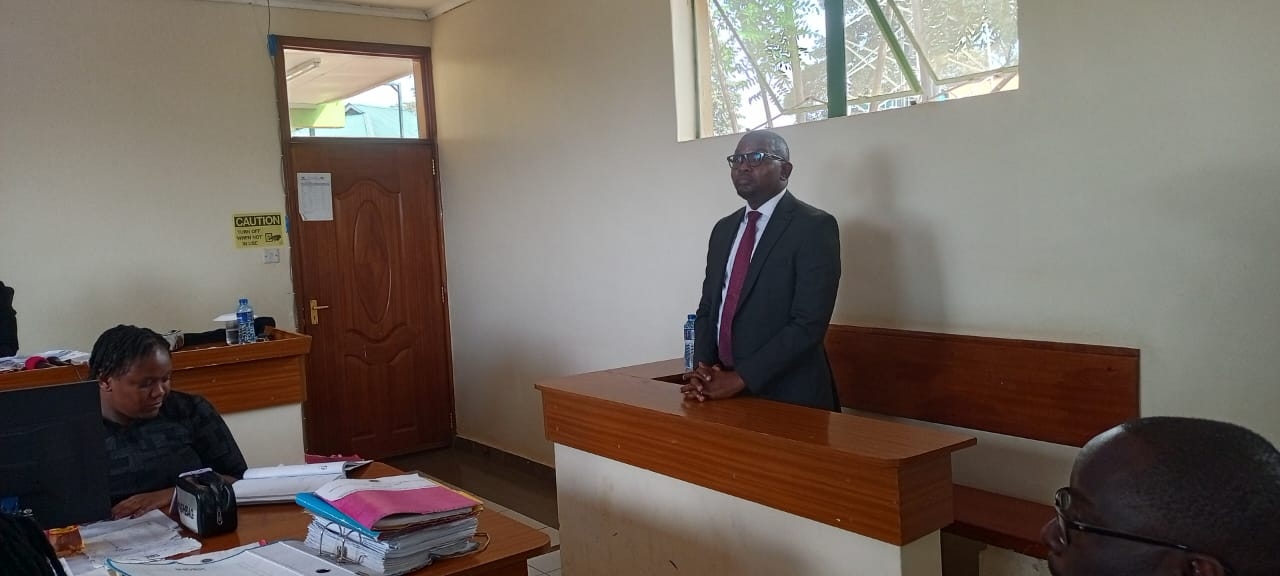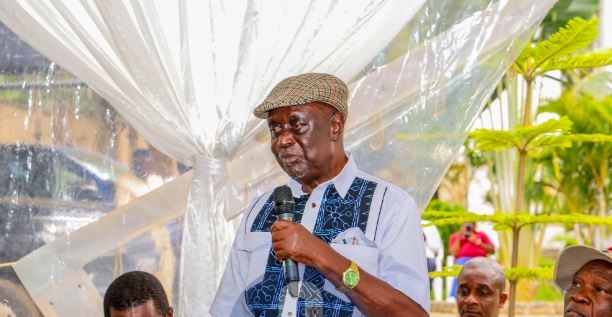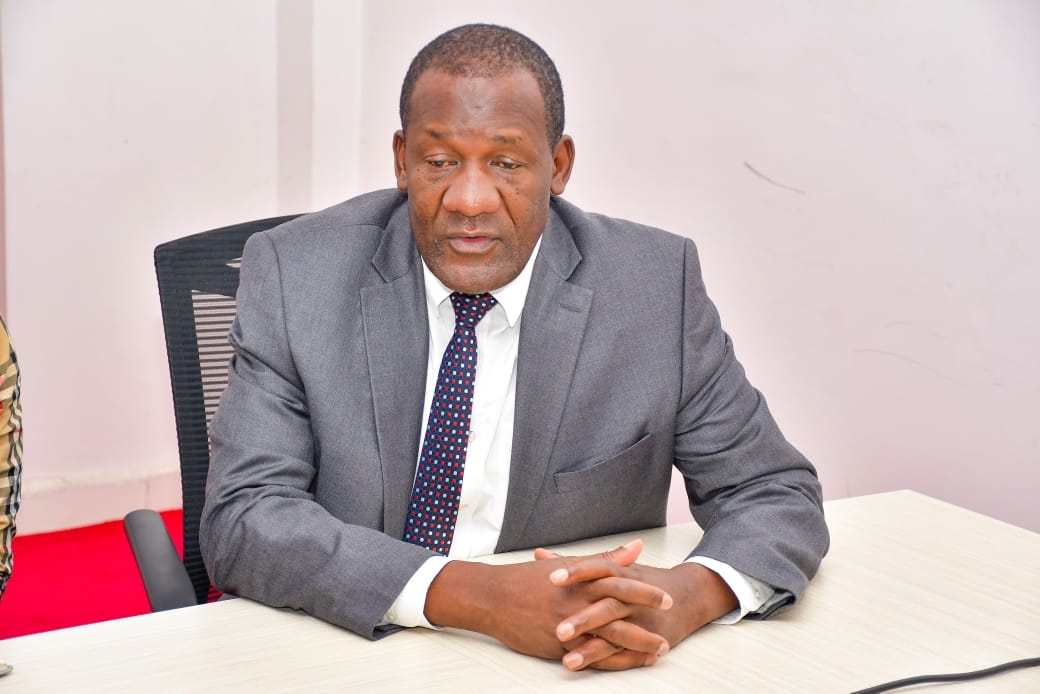Story by Claret Adhiambo
Senior citizens now want neglect and abuse of the elderly in society criminalised and made punishable by the law.
This follows the revelation that senior citizens are facing abandonment, exploitation, denial of opportunities and lack of recognition.
Some are also facing sexual abuse, dispossession of property such as land, houses and cash transfers.
This proposal to criminalise neglect was made during a symposium of the Association of Former International Civil Servants on Monday at Unep headquarters in Gigiri.
AFICS-Kenya is a non-governmental organisation that advocates for the welfare of its members and the rights of the elderly.
Discussants at the symposium said neglect has denied many elderly people the right to live with dignity.
The senior citizens are also called for formulation and strengthening of other policies to improve their welfare.
“For a long time, senior citizens have been neglected. It is high time the elderly and their caregivers are allowed to age with dignity. All these policies we are pushing for will not be enjoyed by us but generations to come,” said AFICS-Kenya president John Kakonge.
He said for the policies to work, proper public participation that includes the elderly must be conducted.
“We want the health and well-being of the elderly taken care of. Why should an elderly person queue to get medicine while there are arrangements that can be made to have the medicines delivered at their homes?” he asked.
AFICS-Kenya also wants more focus to be put on their health and well-being, more resources allocated to enhance their care in the community and research and policies formulated.
The organisation says these policies will ensure the senior citizens have the resources they need to age with dignity. Under health, the organisation wants the state to provide subsidies in healthcare provision for the elderly.
They also want health institutions to be well-equipped to provide quick access to services and medicines for the elderly.
“Why should an elderly person queue to get medicine while there are arrangements that can be made to have the medicines delivered at their homes?” Joseph Lenai, a discussant at the symposium said.
Lenai said there is need to formulate new policies and strengthen the existing ones for Kenya to be at par with the other countries.
Former Labour Minister Titus Mbatha urged his colleagues to go for regular check-ups to avert illnesses.
Mbatha, 90, said he survived two life-threatening illnesses due to early diagnosis and access to proper healthcare.
“I was diagnosed with prostate cancer at the age of 50. And when people thought that was the end of me, I was treated in India and declared cancer free,” he said.
Twenty years later, Mbatha was diagnosed with three blocked arteries that had the potential of sending him to a cardiac arrest, but he was treated in India and has lived for 20 more years.
“All this was possible because of the regular medical check-ups I have been undergoing and access to proper medical care,” he said.
Philippines is one of the countries with the best laws that care for elderly persons.
Some of the privileges the Philippines Senior Citizens Act gives the elderly include discounts on goods services such as medicines, medical services and food.
The Act also provides that the elderly be given express link services and monthly stipends for basic needs. The country has also built homes and retirement villages for senior citizens and their employers are also given tax incentives.
“The Philippines adopt a positive view of aging, recognising it as a continuing opportunity for their social economic contributions,” Philippines Ambassador Charlotte Tang said.
“Apart from giving them free medical services, the government has also ensured that there is a senior citizens’ ward in all public hospitals. Just recently the country passed a law that if implemented will ensure all elderly persons receive a monthly stipend of 10,000 Philippine Pessos per month."
The senior citizens also have a political party that is guaranteed up to three seats in the House of Representatives.
The party, which has a right to participate in the national elections, has a mandate to ensure the voices and concerns of older persons are represented in the legislative process.
Countries in Africa that have better care systems for older persons are Zambia and Zimbabwe.




